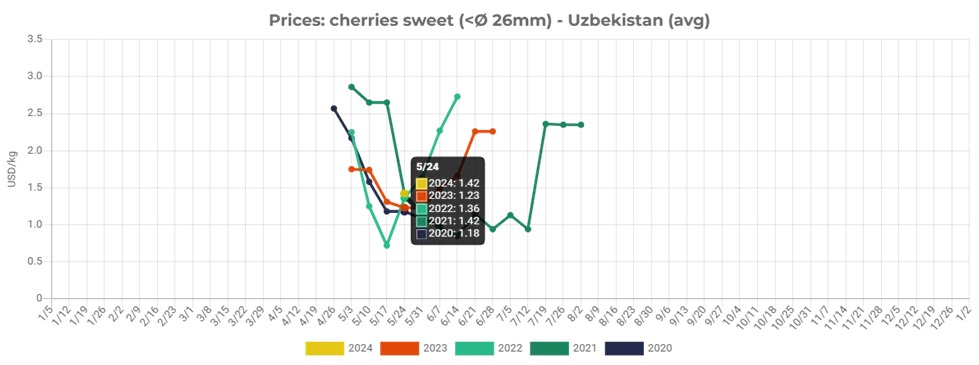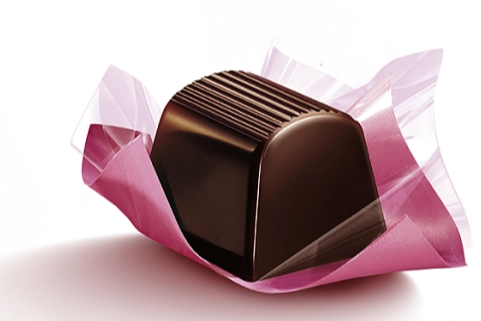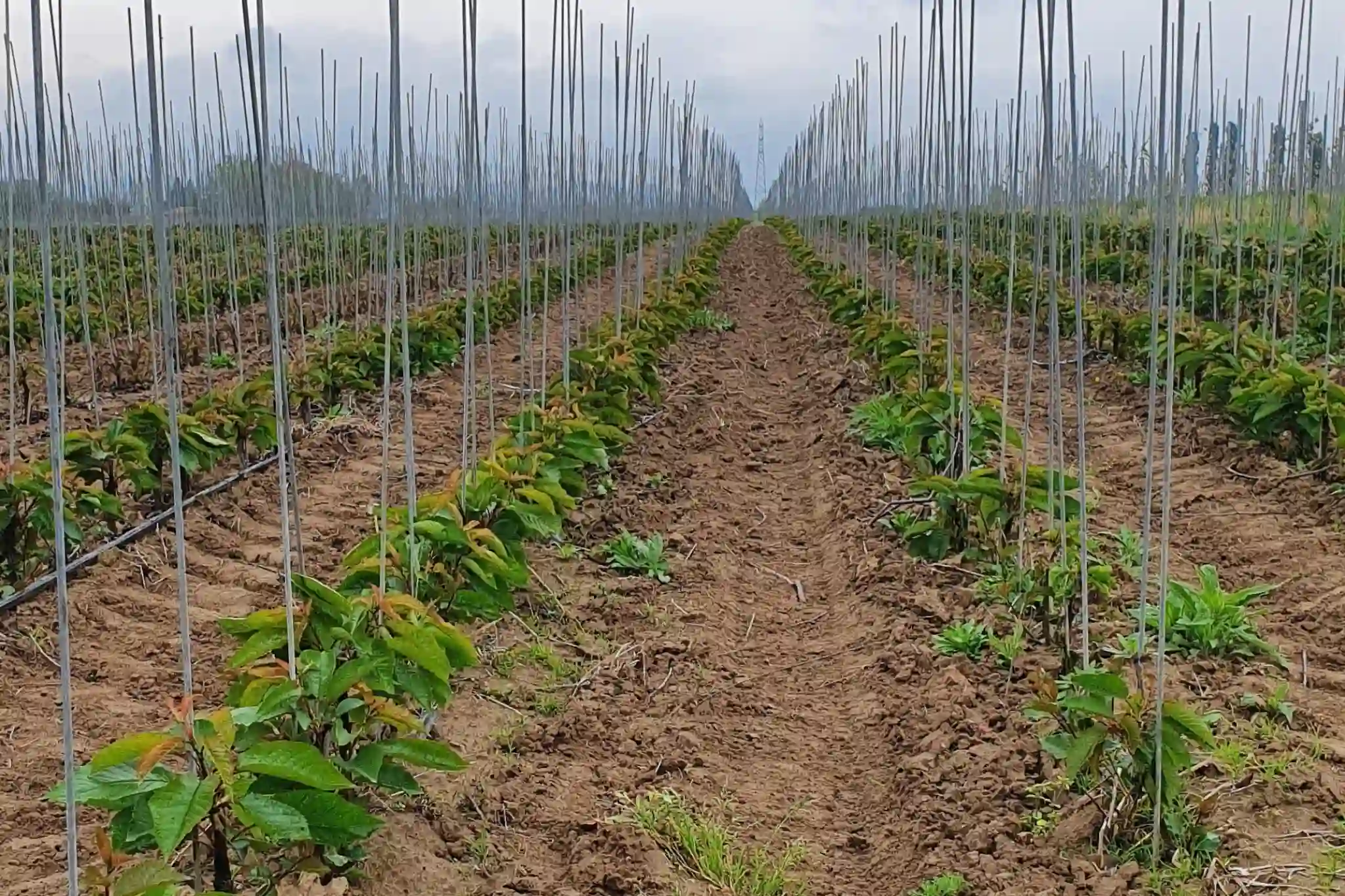The climate disasters, unfortunately, have become the norm in recent years, and the fruit and vegetable sector, the most sensitive to climate change, is suffering more than other segments of agriculture.
According to EastFruit analysts, in Uzbekistan and other Central Asian countries, the spring of 2024 has been unusually cool and rainy, resulting in delays in the ripening of many fruits, including cherries. This has also negatively affected the quality parameters of these fruits.
Usually, the first batches of wholesale cherries in Uzbekistan appear on the market at the end of April, but in 2024 the first commercial volumes were sold on the market only in mid-May. The quality of these cherries was also far from desirable.
At the moment, there are still no large quantities of 28+ cherries available on the market, so we haven't even managed to establish an average price for this category. Meanwhile, larger cherries are the most desired on the international market and especially in exports to China.

In the wholesale market of Uzbekistan, the prices of sweet cherries smaller than 26 mm are close to the maximum for this time of year, even in dollars USA. It is interesting to note that only the early varieties of cherries are still being offered.
Traditionally, the cherry season in Uzbekistan ended in mid-June, but in 2024 it will begin just in the last week of May. This could create problems for exports of these fruits, because local cherries in Ukraine are also already being harvested and sold actively. Therefore, it is possible that cherry prices in Uzbekistan may decrease more rapidly than usual if the harvest does not turn out to be below preliminary expectations.
Source: East Fruit
Image: East Fruit
Cherry Times - All rights reserved












